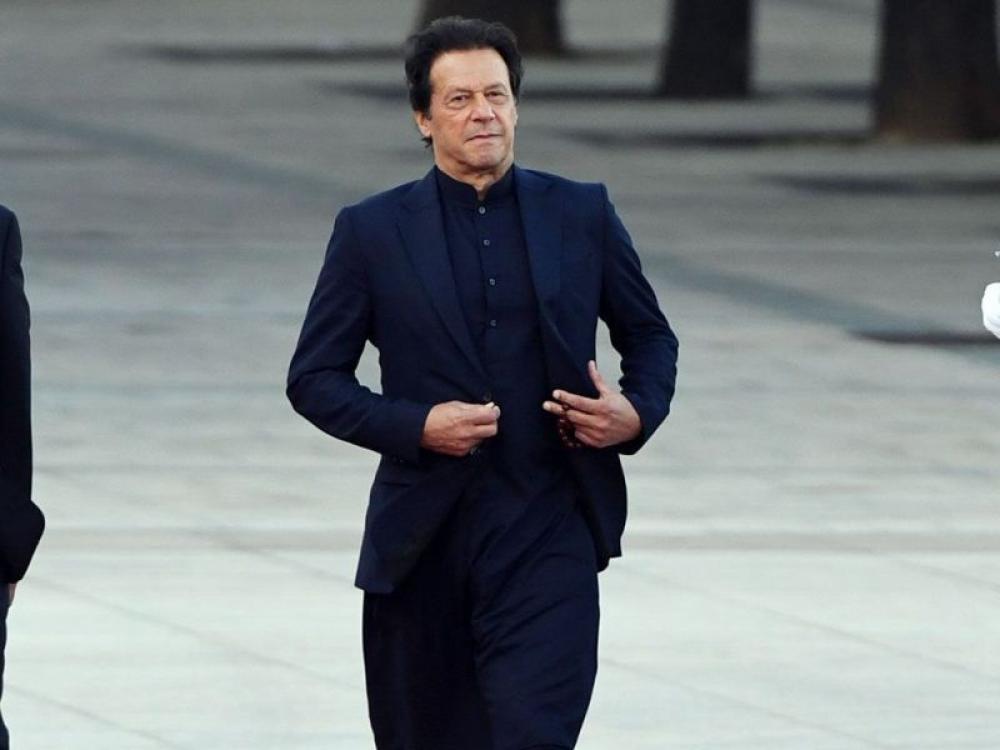Just Earth News | @justearthnews | 03 Apr 2022, 02:19 am Print
 Imran Khan
Imran Khan Image: Wallpaper Cave
Islamabad (JEN): The no-trust motion against Pakistan Prime Minister Imran Khan has been dismissed by the country's Deputy Speaker citing a security threat.
Khan, who asked his supporters to hit the streets ahead of the trust vote, is likely to address the nation.
Pakistan Prime Minister Imran Khan on Saturday appealed to the people of his country to hit the streets to oppose the politicians who are pushing for a no-trust vote in the parliament, reasserting that foreign conspirators are looking to oust him from office.
There is widespread dissatisfaction over Imran Khan's governance with the opposition accusing him of economic mismanagement and foreign-policy bungling.
"I have been planning how to face them. Insha Allah (God willing), you will see how I will face them tomorrow. I want my people to be vigilant, alive. If it had been another country where such things were happening, people would have moved to the streets.
"I call on all of you to move to the streets today and tomorrow. You should do so for your conscience, in the interest of this nation. No party should force you to do that. You should be out on the streets for the future of your children. You should all go out and show that you are vigilant," Khan had said addressing people during a Q&A session with ARY News.
Last week, his party Tehreek-e-Insaf party (PTI) effectively lost its majority in the 342-member assembly after one of his allies said that it would vote against him in a no-confidence vote.
- United Kingdom launches eVisa for Indian visitors starting today — Here’s what travellers need to know
- Abandoned at birth, Punch the macaque finds global love as crowds flock to Tokyo zoo
- YouTube Premium Lite just got a massive boost — Know all details
- Trump claims he stopped 35 million deaths by stopping India-Pakistan war
- Entrepreneur decides to shut down 16-year old eatery in London, cites harassment and Pakistani attacks





-1763561110.jpg)
